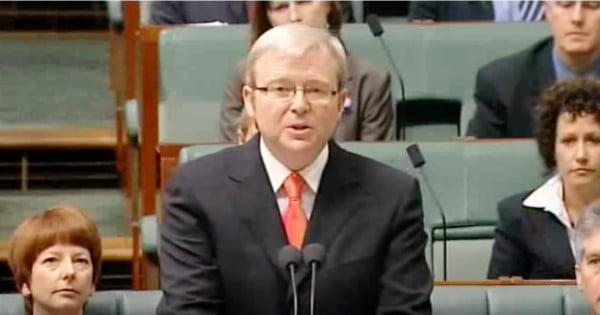
It’s Wednesday lunchtime and I’m waiting in line at a burrito shop in Melbourne. At each step of the burrito conveyor-belt filling process – beans, rice, salsa, guac, cheese – the Doc Marten wearer in her late teens in front of me said “sorry” to the server.
“I’m sorry for taking so long”, “sorry, I haven’t eaten here before”, “sorry, which sauce should I try? The spicy one?”, “actually, I’ll change my Vanilla Coke to a the larger size as it’s only 50 cents more. Sorry!”
Sorry, sorry, sorry, sorry. Enough with the sorry, friend, you have as much right as the next person to order your lunch. Take your time and don’t be so apologetic about it.
The argument that “sorry” is a linguistic tool that women in particular use to make us more likeable needs to be stamped out. Let us channel our inner Jennifer Lawrence from her Lenny essay where she said: “I’m over trying to find the ‘adorable’ way to state my opinion and still be likeable… Fuck that.”
Sorry is a word to be used when mistakes are made, when you have done something wrong and need to apologise. It should be used with genuine remorse or regret, not as a crutch, to be seen as polite or in replacement for an “um”. We should be allowed to breathe and add gauc on our burrito without needing to apologise.
In 2008, Kevin Rudd led the country in a significant and overdue apology to Indigenous Australians. Let’s remember that for a second.

Top Comments
Such a great article Shannon. When sorry is overused it loses its potency. Sure, say sorry if the situation calls for it, but don't use it in place of what you really want to say - the person hearing it feels the disconnect. An acute observation of our culture!
The girl ordering the burrito was probably aware that by taking so long to buy her lunch, she was holding up others in the line, some of whom may have been on very short lunch breaks. How is that not worth apologising for?
Maybe instead of women needing to apologise less, men need to apologise more.